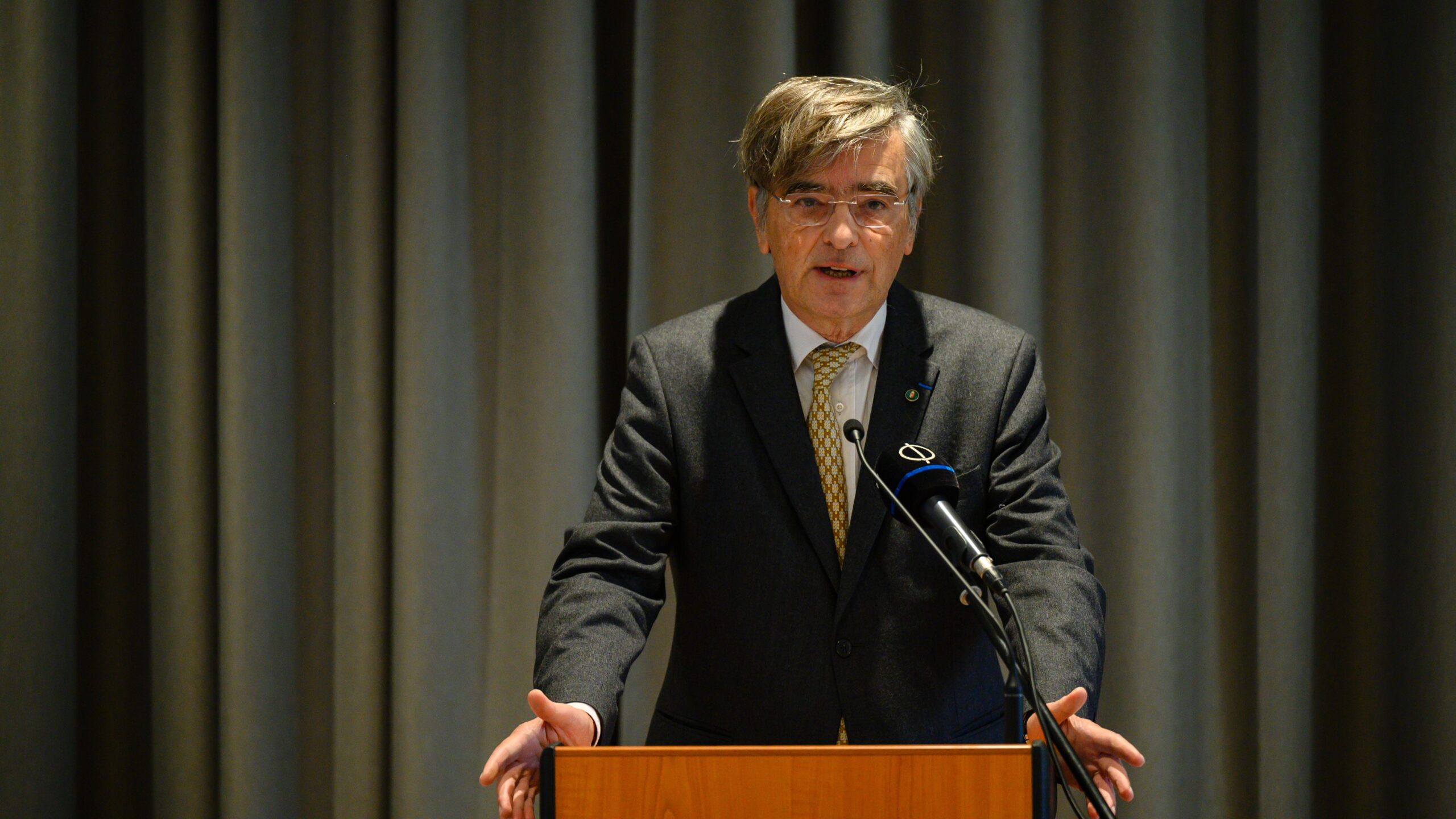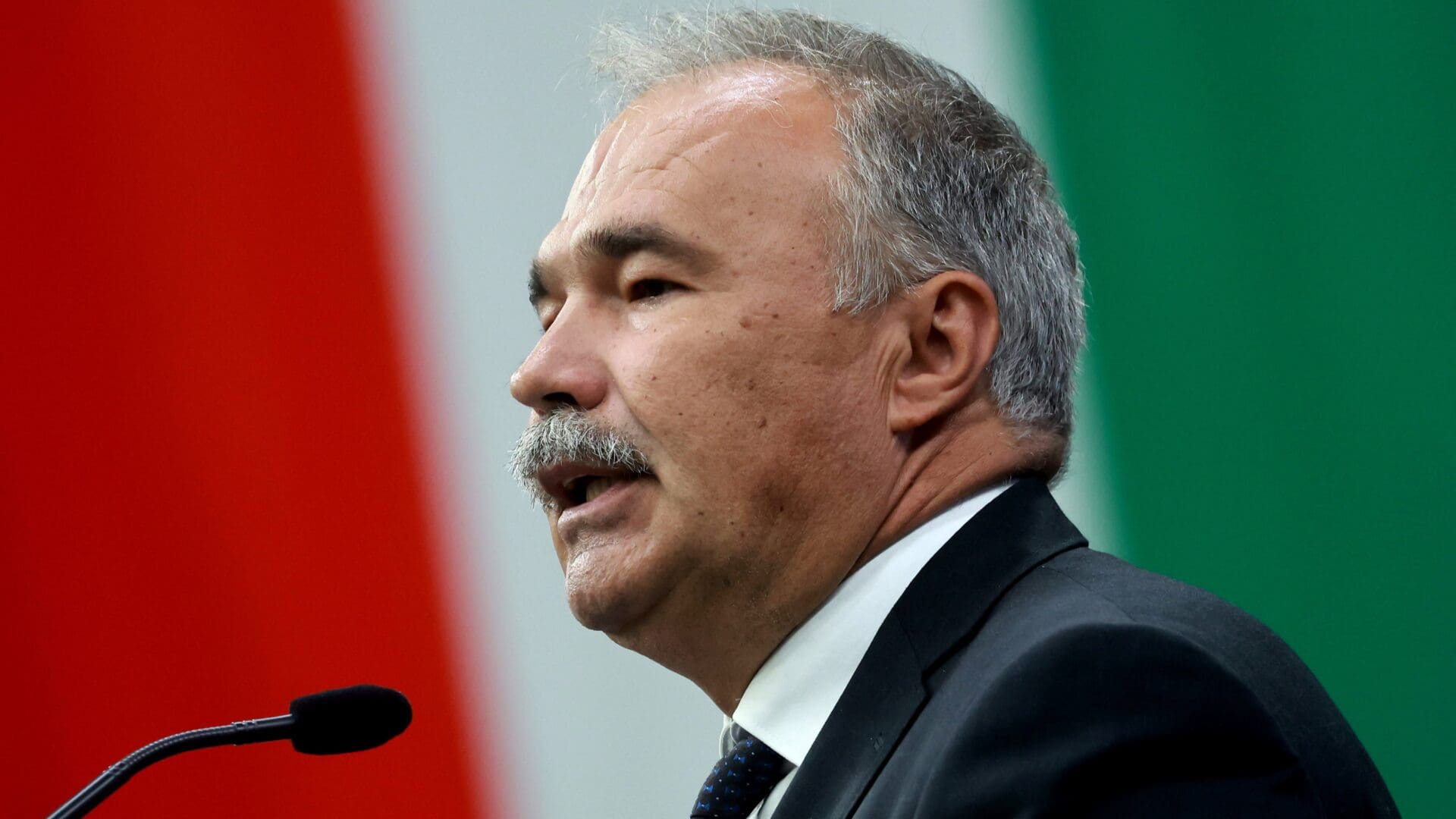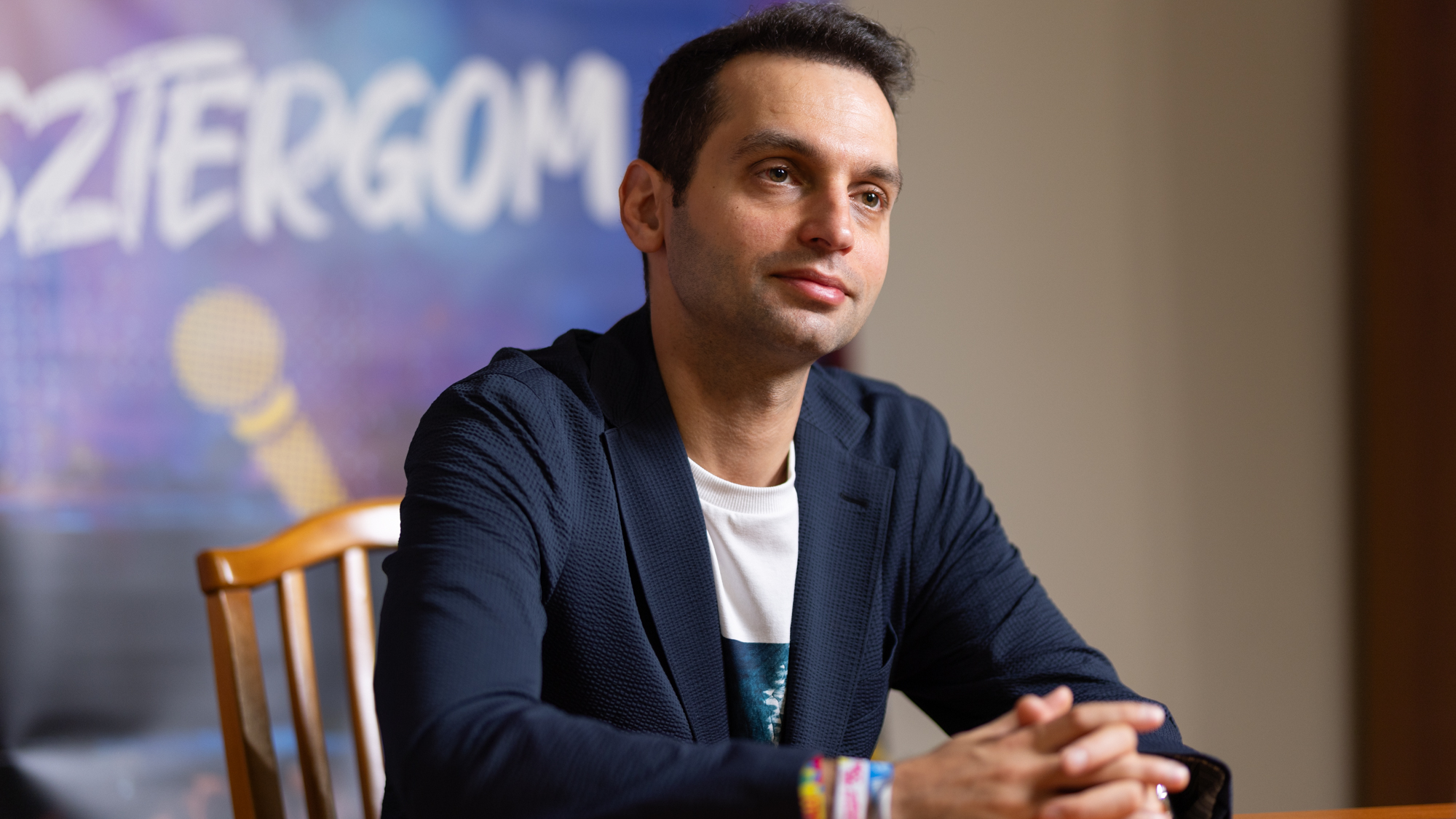
Day 1 of Danube–Heritage Geopolitical Summit Concludes with Discussions on Energy and Closing Remarks
Distinguished experts gathered at the fourth Danube Institute Geopolitical Summit to talk about the consequences of the green energy transition many leftist politicians are pushing for. Then, Former Prime Minister Tony Abbott of Australia; Ambassador Péter Sztáray, State Secretary for Security Policy and Energy Security of Hungary; and Former US Secretary of Veteran Affairs Robert Wilkie took the floor for closing remarks.









